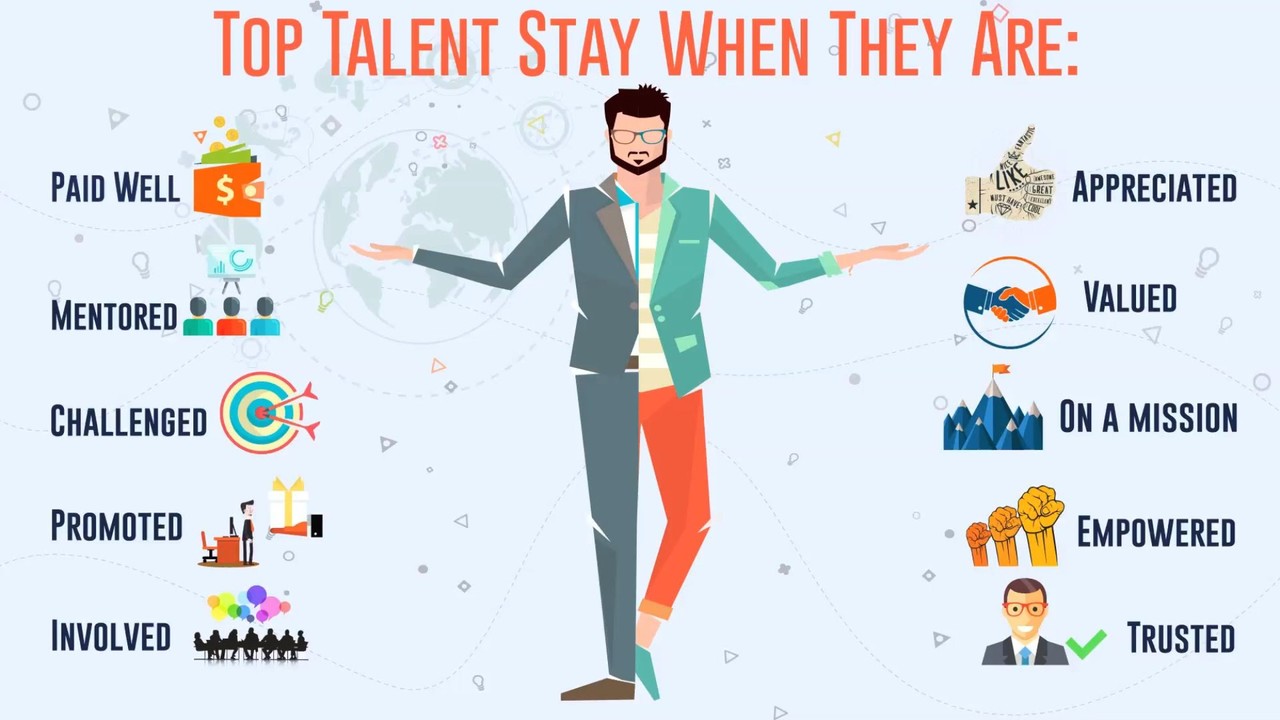Let’s start by imagining that the brain is a muscle, a wonderful muscle full of potential that needs to be exercised, the more it is used for different activities, the stronger and the better it will evolve over time. Simple.
Is our brain a multidisciplinary and extremely plastic body that captures all kinds of stimuli and processes all kinds of information?This continuous activity allows you to stay active and strong, progressing over the years until you reach an adequate state to cope with certain diseases, developing what we call “cognitive reserve”. Do you want to keep it at an optimal level for your physical and mental health?Follow me.
- Cognitive reserve is the ability of the human being to cope with the deterioration that we may suffer from certain diseases and old age.
- And also to demonstrate our mental agility and ability in cognitive processes such as problem solving.
- Memory.
- Innovation.
- Reasoning.
- Imagination.
- Etc.
There are clinical cases in which, only after a person’s death and after autopsy, is it discovered that he had a certain brain disease, a serious illness that had strangely never been contemplated in life.
This shows us the plasticity and ability of the brain to find new ways to fill a void. Take as an example people who, diagnosed with Alzheimer’s, take much longer to show the disease through their “cognitive reserve”, to these structures that have developed more than usual to make them stronger in the face of progressive neural stress and terrible forgetfulness?
Having a good experimental burden, having an intellectually active life, taking an interest in other things, having an open mind, exercised and curious, makes us create continuous neural connections, which in turn create new paths and new structures that make this fabulous organ called brain. extremely strong muscle.
While cognitive reserve is generally associated with genetic and environmental factors, it is also ideal to have a facilitating context that helps us develop our cognitive skills, find new stimuli, and maintain our interest in lifelong learning. You could say that the basis of a good cognitive knowledge reserve would be:
? Anatomo-functional properties of the brain
? Intellectual capacity, duration and quality of education received.
? Professional performance or work we have had in our lives.
? Leisure activities, personal interests, social relationships?
Cognitive reserve is therefore the result of a process that starts in the early stages of our life and lasts throughout life, thus being a skill that can and should be stimulated for our own benefit. Is it important to keep a curious look, ask questions, read and have a good circle of friends with whom to dialogue and exchange ideas, feel emotions, dream, undertake projects, improve other skills such as music, painting, writing?
All this leads our cognitive reserve to establish new neural connections, to create new structures and to build a stronger and healthier brain, which will face possible diseases of the future and help us to remain happy with our old age. .
So ask yourself the following question: how is my cognitive reserve?

